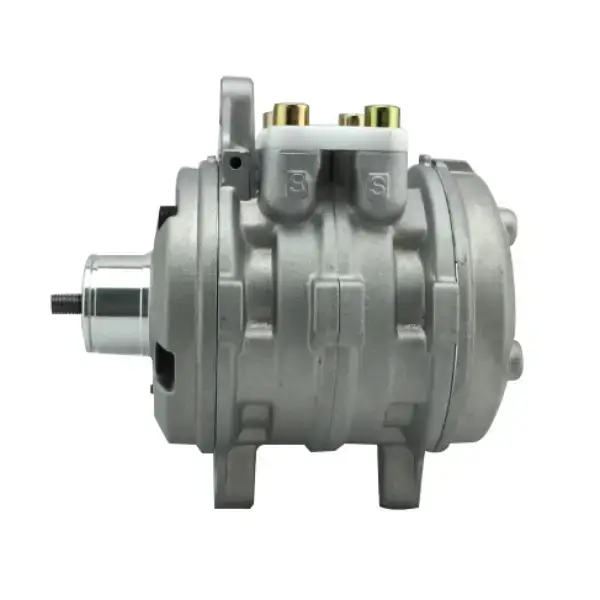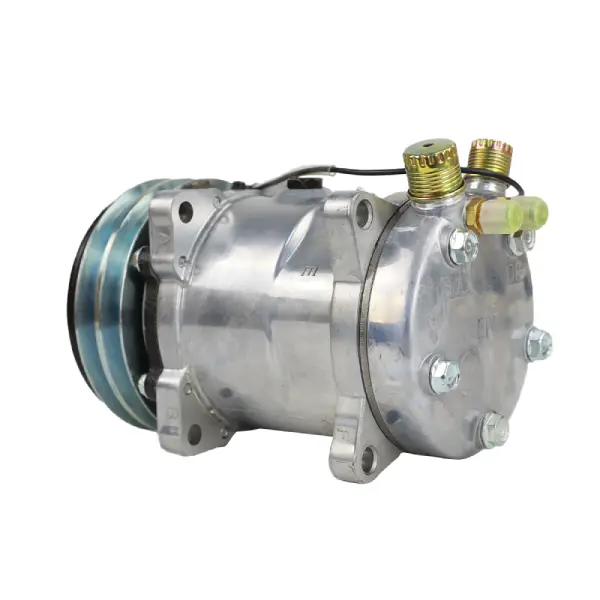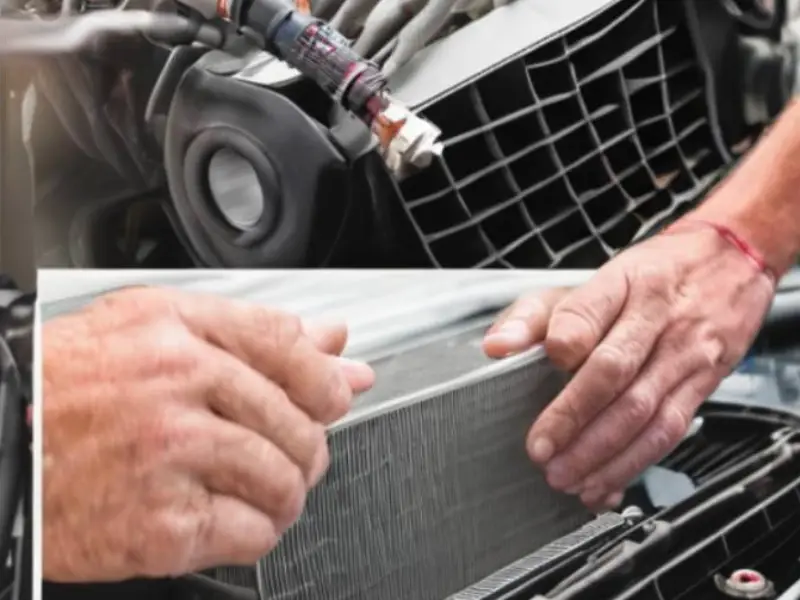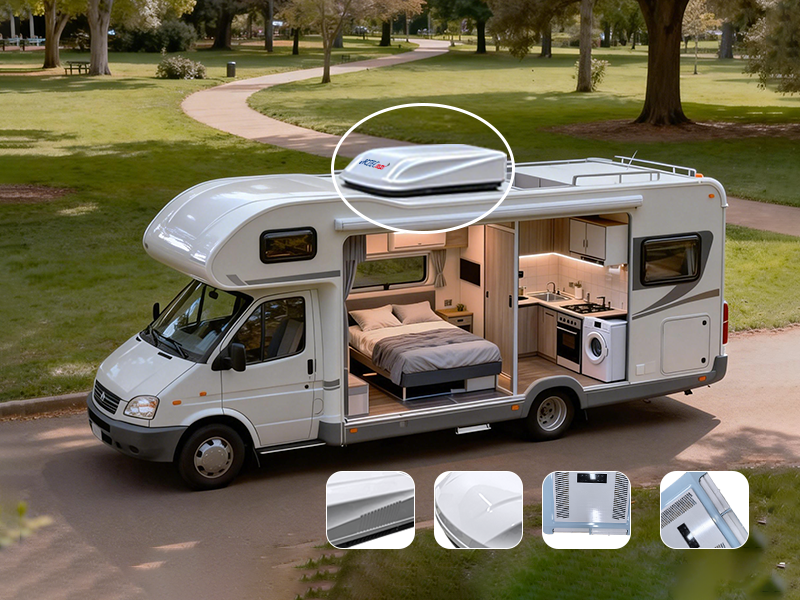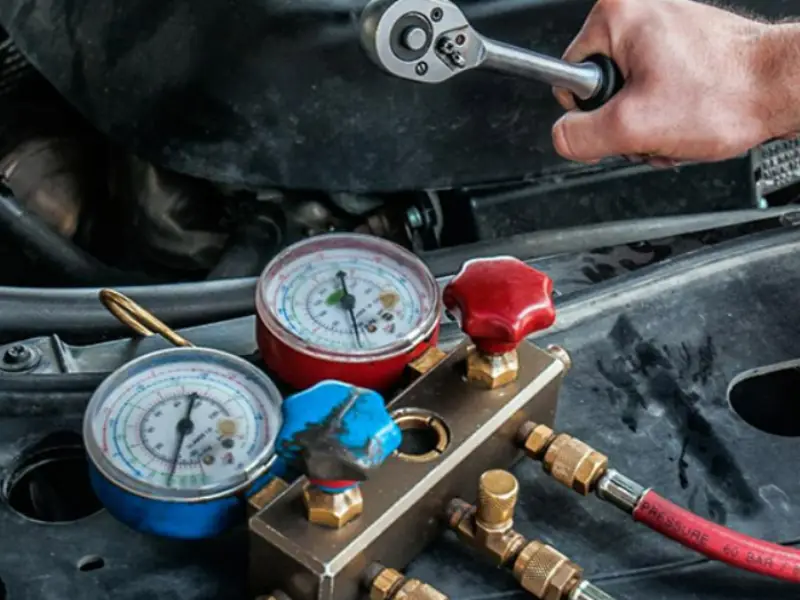When it comes to an R134a refrigerator, using automotive R134a is not recommended, and here are several reasons why:
Automotive and Refrigeration R134a Are Not the Same
Purity and Composition:
- Automotive R134a: This type of refrigerant often contains additives and lubricants specific to automotive AC systems. These additives can be harmful to a refrigerator’s compressor and other components.
- R134a Refrigerator: This is typically purer and specifically formulated for use in household and commercial refrigeration systems.
Lubricant Compatibility:
- Automotive R134a may include specific lubricants compatible with automotive AC system components. Refrigerators utilize various types of lubricants, and using the incorrect type can result in compressor failure or reduced efficiency.
Regulations and Safety:
- Using the wrong type of refrigerant can void warranties and may not comply with regulations set by safety and environmental agencies.
- Handling refrigerants requires proper equipment and knowledge to avoid risks such as refrigerant leakage, which can be hazardous.
System Requirements:
- An R134a refrigerator is designed to operate under specific pressures and conditions that differ from automotive AC systems, so using automotive R134a may not provide the optimal performance needed.
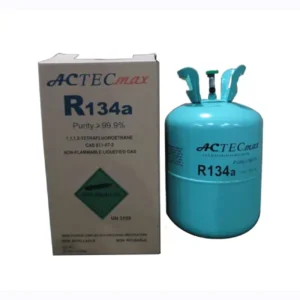
Possible Risks of Using Automotive R134a in a Refrigerator
- Compressor overheating
- Oil washout/lubrication failure
- Acid formation from moisture
- Blocked capillary tubes
- Reduced cooling performance
- Total compressor burnout
Alternatives and Solutions
Use R134a Refrigerator
- Always opt for refrigeration-grade R134a refrigerant when servicing or recharging a refrigerator.
Professional Servicing:
- It is advisable to have a professional technician handle refrigerant-related issues to ensure the correct type and amount of refrigerant is used.
Follow Manufacturer Guidelines:
- Always refer to the refrigerator’s user manual and manufacturer guidelines for maintenance and repair instructions.
Common Misconceptions
“All R134a is the same; it’s just for different applications.” → ❌ Incorrect
“Automotive R134a is cheaper, so I can use it in my refrigerator.” → ⚠️ Dangerous
“It’s all R134a anyway; the system won’t be damaged.” → ❌ False
“I can recharge it myself; no professional is needed.” → ⚠️ Illegal or unsafe in most countries
Conclusion
While both automotive and refrigeration-grade R134a refrigerator are technically the same type of refrigerant, the differences in purity, additives, and system compatibility make it inadvisable to use automotive R134a in a refrigerator. For safety, efficiency, and compliance reasons, always use the correct type of refrigerant specified for refrigeration systems.
If you’re working with automotive R134a, Anchor Group provides high-quality refrigerant, recovery tools, and AC servicing equipment.


